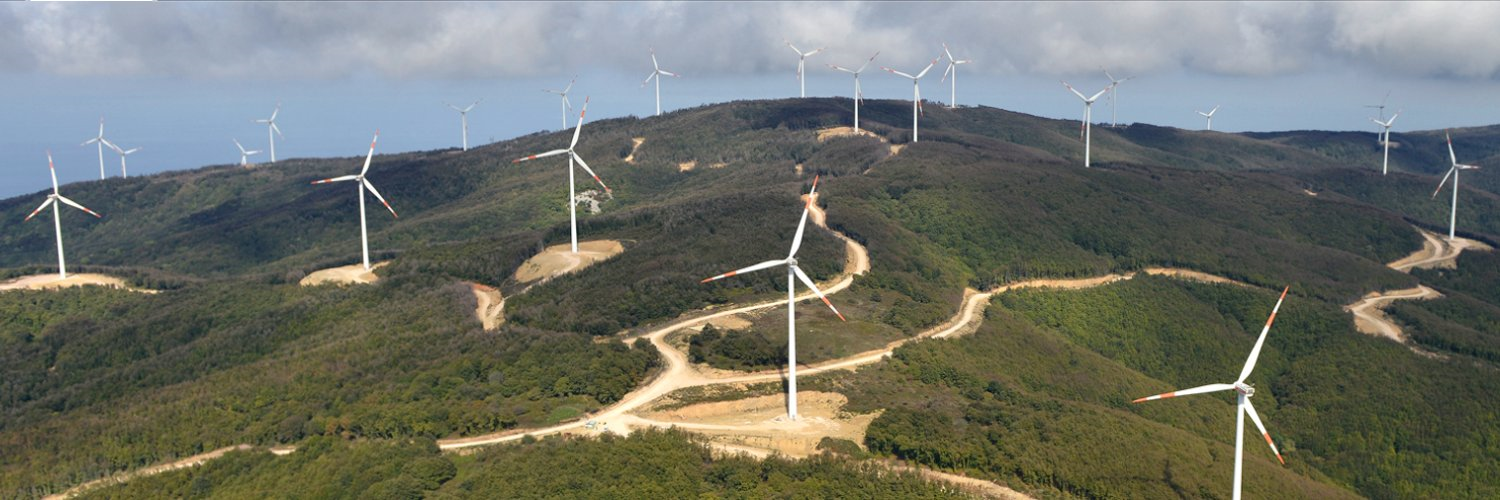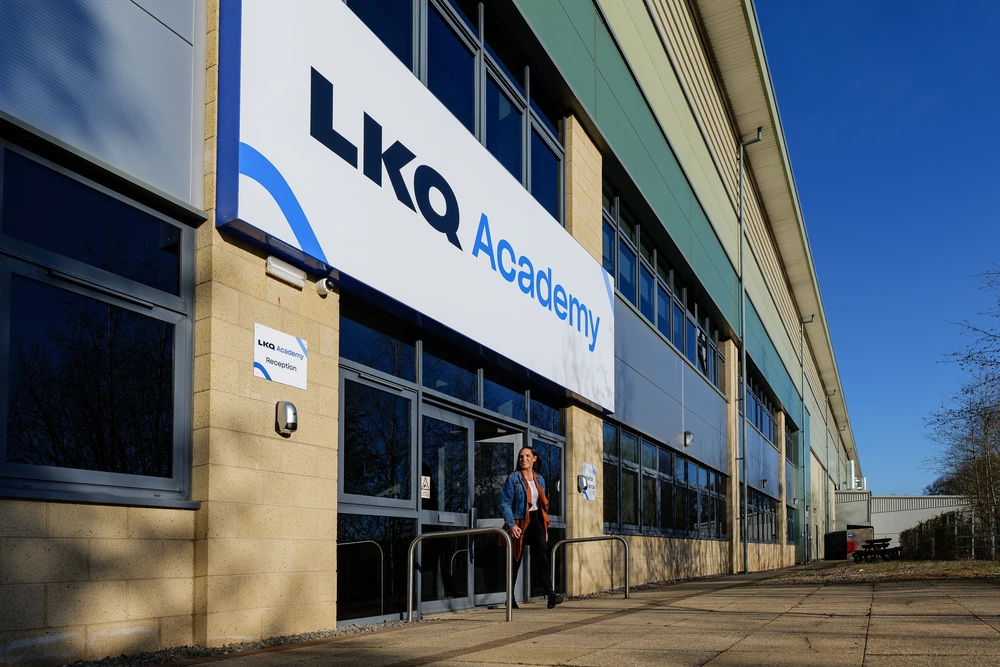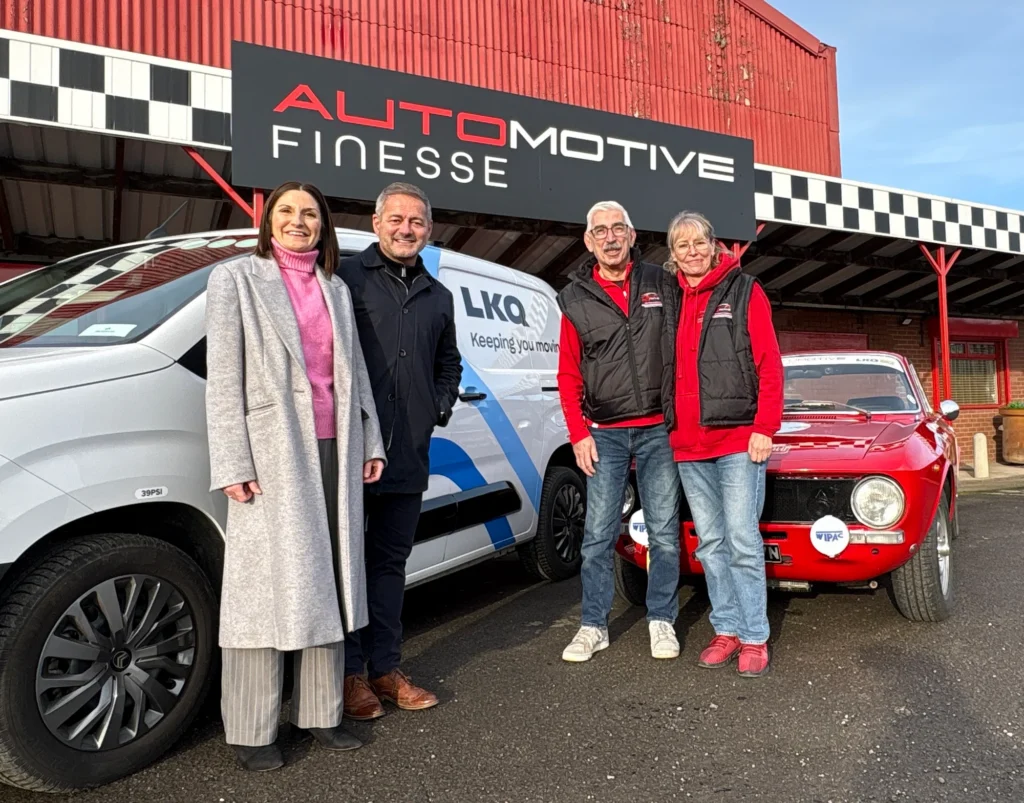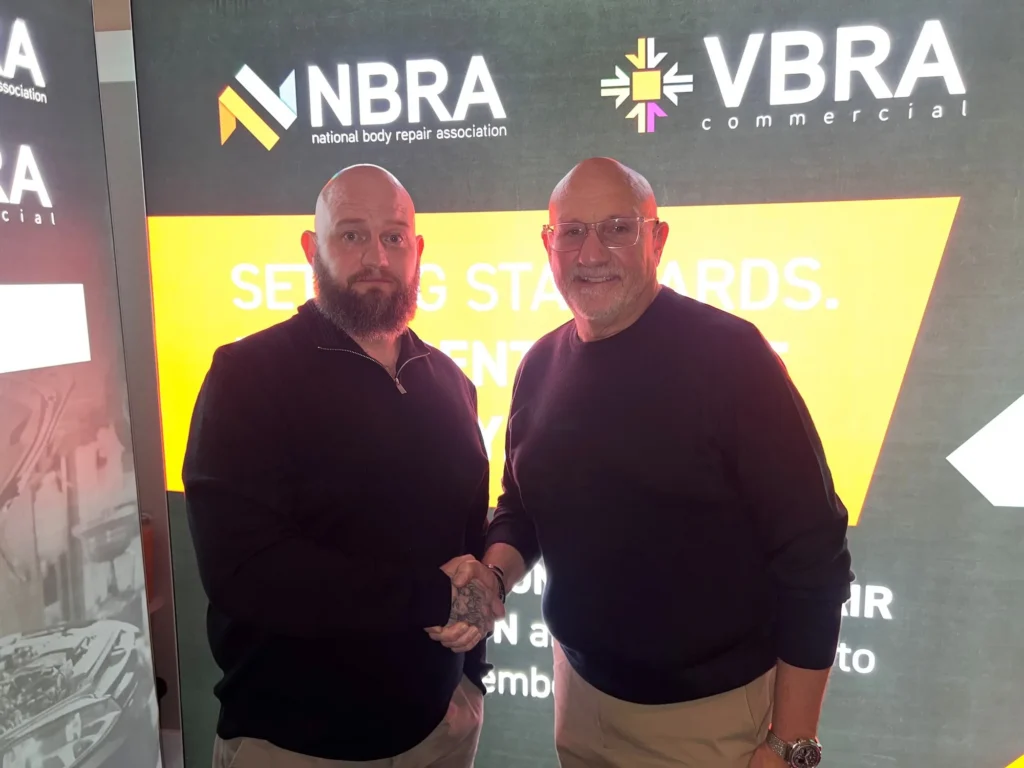[vc_row type=”in_container” full_screen_row_position=”middle” column_margin=”default” scene_position=”center” text_color=”dark” text_align=”left” overlay_strength=”0.3″ shape_divider_position=”bottom” bg_image_animation=”none”][vc_column column_padding=”no-extra-padding” column_padding_position=”all” background_color_opacity=”1″ background_hover_color_opacity=”1″ column_link_target=”_self” column_shadow=”none” column_border_radius=”none” width=”1/1″ tablet_width_inherit=”default” tablet_text_alignment=”default” phone_text_alignment=”default” overlay_strength=”0.3″ column_border_width=”none” column_border_style=”solid” bg_image_animation=”none”][vc_column_text]
- Company invests in carbon projects in the UK, Turkey and India to complement its robust decarbonisation plans.
- The projects, including a UK-based woodland restoration project making up 50% of the total carbon credits purchased and 2 renewable energy projects in Turkey and India (making up 30% and 20% of the business’ total purchased carbon credits, respectively), have been carefully selected to achieve a number of aims contributing to clean and green development in other parts of the world.
As outlined in its sustainability report, SYNETIQ, an IAA company, continues to make progress in reducing its environmental impact, following business-wide initiatives to reduce CO2 emissions and decarbonise its operations.
Working in collaboration with Highland Carbon, specialists in carbon market solutions for climate action, SYNETIQ is financing projects both in the UK and internationally which are avoiding CO2 emissions to the atmosphere now, or helping to store carbon in new forests, while supporting the transition to a low-carbon global economy.
SYNETIQ uses the projects to complement — not substitute for — its long-term decarbonisation plans, which include switching to renewable energy, electrifying transport and cutting energy use across its estate.
“We’re pleased to announce the issuance of carbon credits from programmes in the UK and internationally as we explore all possible measures to reduce and avoid our emissions and impact on the planet,” said Tom Rumboll, UK Managing Director for IAA and CEO of SYNETIQ. “These projects complement our carbon reduction strategies around transitioning to low-carbon transport and estate, investing in renewable energy and improving our circularity and waste management.”
Carbon offsetting can be controversial, with businesses under increasing scrutiny for relying on offsetting as a means to substitute other climate change mitigation measures. “SYNETIQ are committed to the meaningful decarbonisation of our business and will not be using these carbon credits to simply ‘offset’ our emissions, but rather to diversify our comprehensive decarbonisation plans,” clarifies Elisa Caton, SYNETIQ’s Sustainability Manager.
“High-quality carbon projects like these provide the financing necessary to ensure governments and local communities keep their forests standing and develop sustainable fuel alternatives to fossil fuel use. We recognise that we have a responsibility not only to reduce our impact on the planet now but also for our historic emissions, and we hope that this investment goes someway to demonstrating our holistic commitment to our shared environment,” Caton continued.
In the UK, SYNETIQ’s afforestation project on Corriegarth Estate near Loch Ness, Scotland, entails the establishment of a diverse, native forest. Expanding on the existing woodland on the estate with forest planting comprising a diverse range of tree species, the project also supports biodiversity in the area, being home to red squirrels, pine martens, golden eagles, goldcrest and more. Verified by the Woodland Carbon Code scheme, the project represents 25% of the business’ Scope 1 and 2 emissions from 2021.
Representing 15% of SYNETIQ’s Scope 1 and 2 emissions from 2021, the Sah wind power project is based in the Bandirma district of Balikesir and the Karacabey district of Bursa in Turkey and is verified by the independent and internationally recognised Gold Standard verification scheme.
SYNETIQ’s second international carbon project is the Sheopur solar power project, located in Madhya Pradesh, India. The project is a cleaner means for power generation, avoiding fossil fuel-based thermal power generation, positively contributing towards the reduction in demand for India’s carbon-intensive energy resources. It represents 10% of the business’ Scope 1 and 2 emissions from 2021 and is verified by the UN Clean Development Mechanism scheme.
Learn more about sustainability at SYNETIQ: https://www.synetiq.co.uk/sustainability/[/vc_column_text][/vc_column][/vc_row]




